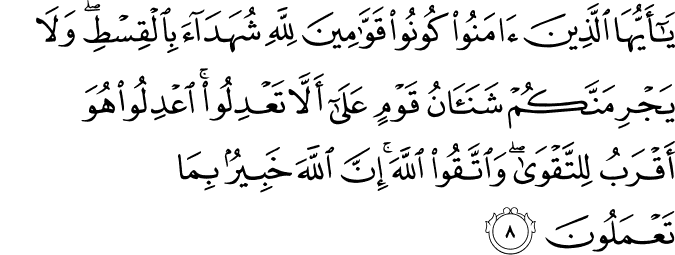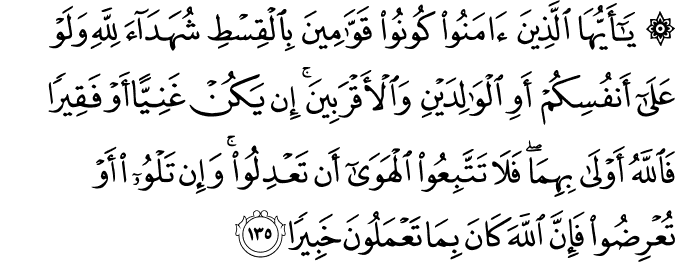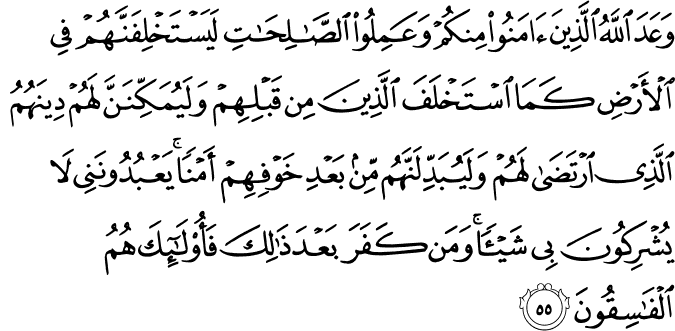 The city under siege was about to surrender without any bloodshed in 1453 AD. But three Venetian warships came in with reinforcements, and the Muslim fleet, under the command of Turkish admiral Suleiman Baltughlu, failed to block the reinforcements from entering Constantinople’s gulf. The Ottoman sultan, Muhammad II (also known as Al-Faatih or Mehmet II) was outraged at Baltughlu’s failure to carry out his commands to intercept the Venetian warships from entering Constantinople’s gulf and guard the boom chain which the Byzantines had used to prevent the Muslim fleet from entering the city’s gulf. Baltughlu was stripped his titles and stood trial for his failure. Meanwhile, the newly appointed commander had to devise a plan to get the Muslim fleet beyond the chain and burn down the three warships, all within 48 hours.
The city under siege was about to surrender without any bloodshed in 1453 AD. But three Venetian warships came in with reinforcements, and the Muslim fleet, under the command of Turkish admiral Suleiman Baltughlu, failed to block the reinforcements from entering Constantinople’s gulf. The Ottoman sultan, Muhammad II (also known as Al-Faatih or Mehmet II) was outraged at Baltughlu’s failure to carry out his commands to intercept the Venetian warships from entering Constantinople’s gulf and guard the boom chain which the Byzantines had used to prevent the Muslim fleet from entering the city’s gulf. Baltughlu was stripped his titles and stood trial for his failure. Meanwhile, the newly appointed commander had to devise a plan to get the Muslim fleet beyond the chain and burn down the three warships, all within 48 hours.
This is a small glimpse of the trials Sultan Muhammad II faced in his struggle to conquer Constantinople, currently known as Istanbul. Reading from books and watching documentaries about his life and accomplishments, I’ve found this story to be the most difficult to accept. My reaction to it, as that of many I’ve talked to, was, “Ugh, that’s tough.” We’re so used to hearing the question, “How can you judge people when only Allah knows their intentions?!” to the degree that we no longer differentiate between judging people and holding them responsible.
Subhan’Allah. We forget that this sultan and his army were described by the Prophet ﷺ (peace be upon him) 800 years prior:
The Prophet ﷺ said, “Indeed Constantinople will be conquered, and verily what a great prince its prince is, and verily what a great army that army is.” (Musnad Imam Ahmad)
The Prophet’s praise of Sultan Muhammad II and his army shifts the lens through which we analyze this story. Instead of thinking about how “tough” Al-Faatih treated Baltughlu, think about what a high standard of achievement the sultan and his army held for themselves.
Sometimes we let mistakes slide, even if they hurt others, using the alibi that we do not want to be tough or judgmental. Yet, whether it is done consciously or not, we let the mistake slide because we too do not want to be punished if we make the same mistake. Unfortunately, this culture of irresponsibility and lower standards leads to many losses in our community, from keeping unqualified individuals in positions of power and influence to allowing aggressions our children commit against each other pass as “kids horsing around,” only to find that these aggressive qualities only grow bigger.
Divine Guidance in Responsibility and Justice
As humans, we do not know the intentions of others, and hence, can only hold each other accountable by our actions. On the other hand, Allah (subhanahu wa ta`ala – exalted is He) is All-Knowing and judges our actions by the intention and the means used. Yet His judgment is not limited to intentions, for He has set a high standard of justice and integrity for the believers’ actions.

“O you who have believed, be persistently standing firm for Allah , witnesses in justice, and do not let the hatred of a people prevent you from being just. Be just; that is nearer to righteousness. And fear Allah; indeed, Allah is Acquainted with what you do.” [Qur’an, 5:8]
In this ayah (verse), Allah (swt) holds us to the highest standard of justice: to be just even to people we hate. Moreover, He commands us to be just, even if justice served will be against ourselves or our families.

“O you who have believed, be persistently standing firm in justice, witnesses for Allah, even if it be against yourselves or parents and relatives. Whether one is rich or poor, Allah is more worthy of both. So follow not [personal] inclination, lest you not be just. And if you distort [your testimony] or refuse [to give it], then indeed Allah is ever, with what you do, Acquainted.” [Qur’an, 4:135]
As a reward for those who live up to the high standard of righteous deeds and integrity while being a believer, Allah (swt) promises success in this life and in the hereafter. We notice that Allah (swt) recurringly describes the righteous in the Qur’an as (1) those who believe and (2) do righteous deeds. Allah’s judgment encompasses both the actions and the intentions.

“Whoever does righteousness, whether male or female, while he is a believer – We will surely cause him to live a good life, and We will surely give them their reward [in the Hereafter] according to the best of what they used to do.” [Qur’an, 16:97]
So, Allah (swt) also promises higher worldly status for those who believe and live up to the high standard of righteous deeds.

“Allah has promised those who have believed among you and done righteous deeds that He will surely grant them succession [to authority] upon the earth just as He granted it to those before them and that He will surely establish for them [therein] their religion which He has preferred for them and that He will surely substitute for them, after their fear, security, [for] they worship Me, not associating anything with Me. But whoever disbelieves after that – then those are the defiantly disobedient.” [24:55]
We see an example of how Allah (swt) substitutes fear with security for those who hold themselves to a high standard of righteousness in the continuation of the story of Sultan Muhammad II and his army. It is an amazing to see how they were granted victory after failing to intercept the Venetian warships.
May Allah (swt) make us live up to the highest standards of integrity and justice to gain His pleasure. Ameen.

Baltughlu made a major mistake. Sultan Muhammad II’s response shows effective leadership and dedication to accountability. I think in our own organizations we should have the courage to discipline people when they fail to meet standards. Too often, we are so afraid of hurting people’s feelings that we protect people who have failed time and again. There is a time and a place for mercy, but it is also important to consider the effects of bad performance.
Beautiful reminder. Jazaki Allahu khayran.
Kind of an off-shoot topic, can anyone recommend some good books/articles that explain non-defensive jihad?
Wa iyyakum. An article by Dr. Sherman Abdul-Hakim Jackson was recommended to me in response to your question. I hope you find it helpful.
“Jihad and the Modern World”
http://www.lamppostproductions.com/files/articles/JIHAD_MOD_WLD.pdf
I think perhaps the title should have been, “Holding others responsible for their actions,” but yes your point is well taken. Personal responsibility is one of the themes that I emphasize in my Islamic Sunrays blog.
Speaking specifically on the point of taking responsibility, too often we blame others for our situations in life. The Muslim Ummah does this as a whole, and we do it as individuals. We blame circumstances, our parents, our spouses, the economy, bigotry, even black magic, instead of doing the hard work of acknowledging our own choices. You’d think that people would want to claim their power but they don’t, because as soon as they do then they have no one else to blame.
Looking inward is much harder than looking outward. Saying to ourselves, “Okay, how have my own shortcomings created this situation and what can I do about it?” is very difficult. But it’s the first step to spiritual healing, happier relationships, and material and spiritual success.
[…] Taking Responsibility for our Actions The city under siege was about to surrender without any bloodshed in 1453 AD. But three Venetian warships came in with reinforcements, and the Muslim fleet, under the command of Turkish admiral Suleiman Baltughlu, failed to block the reinforcements from entering Constantinople’s gulf. The Ottoman sultan, Muhammad II (also known as Al-Faatih or Mehmet II) […] […]